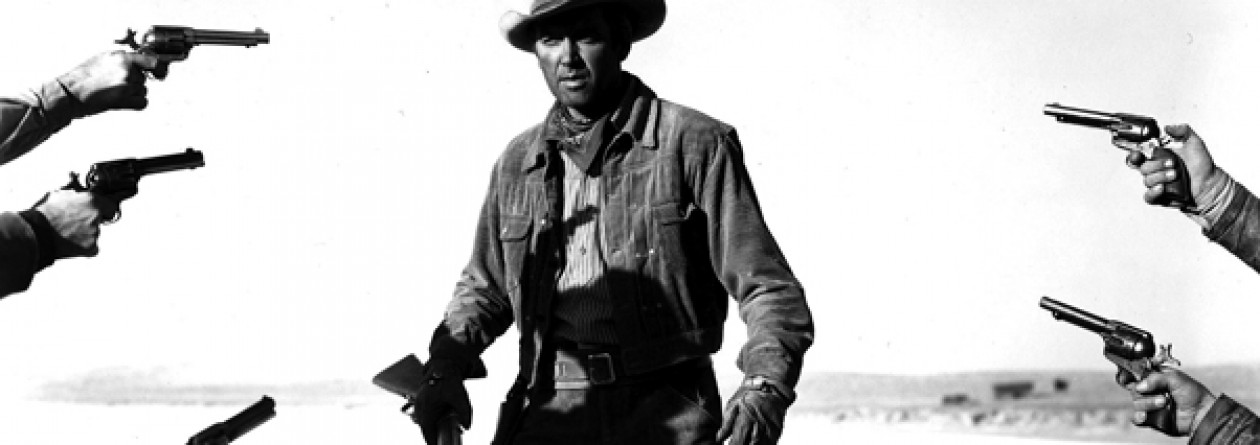Going back to 9/11, the US faced a new kind of strategic peril. Seemingly out of the blue, it had been attacked by terrorist groups. Of course, this was “out of the blue” only to those who had not been following the news. Terrorism as a tactic goes way back, perhaps as far back as the Munich Olympics in 1972. And it would appear that the US has learned little about how to cope with this strategic peril.
What did we do? We invaded Afghanistan, thought to be the haven for al qaeda. We easily occupied the country, and proclaimed that we would transform it into a more modern nation state that is wedded to the rule of law and respecting human rights. Twenty years later, the US pulled out of Afghanistan having achieved little. We invaded Iraq as well, and we deposed its dictator. When we pulled out, the power vacuum spilled into Syria, and sparked a regional conflict that has killed thousands but resolved little.
Using hindsight, it is more clear now that using military tactics to exterminate terrorists in their locales has limited effectiveness. A defensive strategy might have been wiser.
At the same time, that does not mean that the US would pull back behind its defensive barriers, as the Athenians did when Sparta attacked. The US has other ways to play offense against terrorism. And we do that by promoting our values.
Of course, we did the opposite, embracing torture and incarceration without due process for suspected terrorists.
What does this tell us about ourselves? Perhaps our strategists were less clever than we would have wished. And perhaps our values are not quite as clear as we would think.
What do you think?
